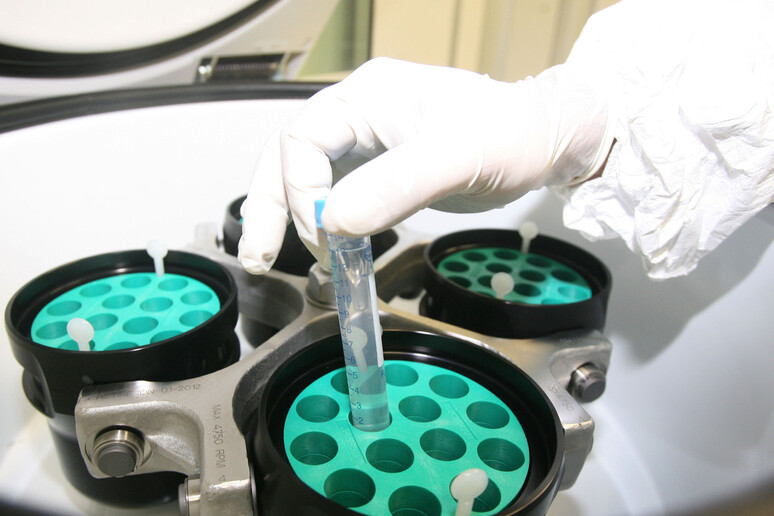(by Manuela Correra)
A Multicentre Italian Trials in
Ovarian Cancer (MITO) study showing the effects of a specific
molecule on ovarian cancer has been named one of the best
research studies presented at the American Society of Clinical
Oncology (ASCO).
The study showed how the addition of a specific molecule to
chemotherapy in patients suffering from an advanced stage of
ovarian cancer can significantly slow the progression of the
disease.
The study, partially funded by the Associazione Italiana per
la Ricerca sul Cancro (AIRC) and the Associazione Italiana di
Oncologia Medica (AIOM), involved 80 Italian and foreign centers
and was coordinated by the Istituto Nazionale Tumori Pascale di
Napoli.
Some 400 patients took part in the study.
The aim, the oncologist Sandro Pignata from the Istituto
Nazionale Tumori Pascale said, "was to assess whether the
antiangiogenetic drug bevacizumab, which blocks the growth of
blood vessels feeding the tumor, would be effective if added to
chemotherapy even in patients in an advanced state and with a
relapse of the disease that had received it previously" after
surgery.
ALL RIGHTS RESERVED © Copyright ANSA











